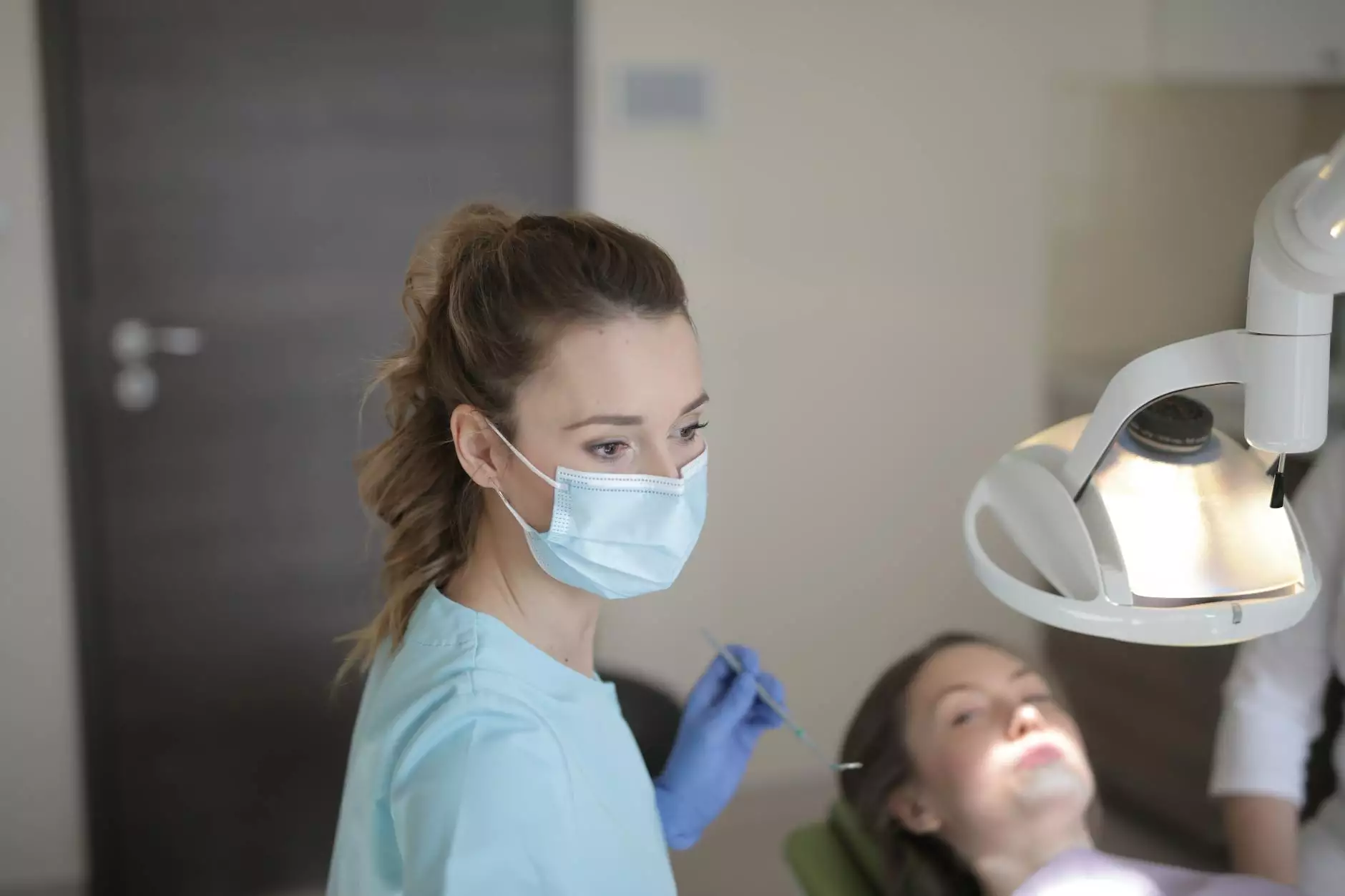Transforming Dental Care: The Rise of Mobile Dental Trucks

In the ever-evolving landscape of healthcare, the introduction and expansion of mobile dental trucks have marked a significant milestone, particularly in the realm of oral health. As the demand for accessible dental care grows, these innovative vehicles are stepping up to bridge the gap between underserved communities and essential dental services. This comprehensive article delves into the myriad benefits, functionalities, and future potential of mobile dental trucks, illustrating their essential role in promoting nationwide oral health.
What is a Mobile Dental Truck?
A mobile dental truck is essentially a self-contained dental clinic on wheels. These specialized vehicles are designed to provide comprehensive dental services in various locations, particularly in areas where traditional dental clinics may be less accessible. Equipped with state-of-the-art dental equipment and staffed by licensed dental professionals, these trucks bring crucial services such as:
- Routine check-ups
- Preventive care (e.g., cleanings and fluoride treatments)
- Emergency dental care
- Diagnostic services (X-rays)
- Restorative treatments (fillings, extractions)
The Importance of Accessibility in Dental Care
Access to dental care is a critical component of public health. Many individuals, particularly those in low-income or rural areas, face barriers that prevent them from receiving necessary dental treatments. Mobile dental trucks serve as an essential resource to alleviate these issues by offering:
- Accessibility: Bringing dental services directly to communities, these trucks eliminate transportation barriers.
- Affordability: Many programs utilizing mobile dental clinics offer discounted or sliding-scale fees, making dental care more affordable for everyone.
- Convenience: Patients can receive dental services at locations close to home, schools, or workplaces, making it easy to fit dental visits into their lives.
How Mobile Dental Trucks Operate
The operational model of a mobile dental truck typically involves collaboration with local health organizations, schools, and community centers. Here's how they function:
- Scheduling Visits: Community health organizations partner with mobile dental companies to schedule regular visits to specific locations.
- Community Engagement: Outreach programs inform community members about the services offered, often targeting schools, low-income neighborhoods, and rural regions.
- Provision of Services: During scheduled visits, the mobile truck is equipped to handle a variety of dental procedures. Patients can receive treatment on-site without needing a referral to another clinic.
The Technology Behind Mobile Dental Trucks
Modern mobile dental trucks are remarkable feats of engineering and design. They are outfitted with several high-tech features that mirror traditional dental offices, including:
- Digital X-ray Machines: These systems offer immediate imaging with less radiation exposure.
- Operating Suites: Well-organized treatment areas allow for various dental procedures to be performed safely and effectively.
- Water Supply and Waste Disposal: Mobile clinics are equipped with water systems and waste disposal units to maintain hygiene and compliance with health regulations.
- Tele-dentistry Capability: Some mobile units utilize telemedicine technology, allowing remote consultation with specialists as needed.
Success Stories from Mobile Dental Truck Implementations
Across the United States and beyond, many communities have benefited significantly from the implementation of mobile dental trucks. Here are a few inspiring success stories:
Case Study: Smiles on Wheels
Smiles on Wheels, a mobile dental program operating in California, has seen remarkable success in reducing cavities among school-aged children in low-income areas. By providing free preventive care and educational workshops on maintaining oral hygiene, they have improved overall pediatric dental health in their service regions.
Case Study: The Smile Mobile
Operating in Minnesota, The Smile Mobile serves both children and adults who experience financial hardship. By partnering with local schools and health departments, this initiative has expanded access to essential dental services, reducing the number of emergency room visits related to untreated dental issues.
The Role of Mobile Dental Trucks in Preventive Care
One of the primary advantages of mobile dental trucks is the emphasis on preventive care. Regular checkups and cleanings can catch dental issues before they escalate into larger problems requiring more complex and costly interventions. This preventive approach leads to:
- Better Oral Health: Patients receive care that helps maintain their dental hygiene and overall health.
- Education: Mobile clinics often provide educational materials and sessions on oral health, empowering patients with knowledge.
- Community Engagement: By serving as a resource for the community, organizations build trust and encourage healthy behaviors.
Challenges Facing Mobile Dental Trucks
While the mobile dental truck model offers numerous benefits, it is not without its challenges. Here are some prevalent obstacles faced by mobile dental initiatives:
- Funding and Sustainability: Many mobile dental programs rely heavily on grants and donations, making long-term sustainability a challenge.
- Awareness and Visibility: Some communities may not be aware of the services available, limiting engagement and utilization.
- Legislative Hurdles: State regulations regarding healthcare can vary, impacting how mobile dental units operate.
Future Prospects for Mobile Dental Trucks
The future of mobile dental trucks looks promising as they adapt to changing needs and technologies. Innovations on the horizon include:
- Integration with Telehealth: As telehealth continues to grow, mobile dental clinics can utilize this technology for consultations and follow-ups.
- Environmentally Friendly Options: Newer models may incorporate sustainable practices, such as solar panels and low-energy equipment.
- Expanded Services: Beyond dental care, mobile trucks could integrate general health services, providing holistic care to communities.
How Communities Can Get Involved
Communities play a crucial role in the success of mobile dental trucks. Here are several ways individuals and organizations can contribute:
- Advocacy: Support legislation and policies that promote funding for mobile dental initiatives.
- Partnerships: Local businesses and organizations can partner with mobile dental clinics to host events or provide funding.
- Volunteerism: Medical professionals can volunteer their time and skills to help provide care on mobile units.
Conclusion
The expansion of mobile dental trucks represents a significant advancement in the pursuit of equitable healthcare, particularly in the realm of dental services. By recognizing and addressing the barriers that many individuals face in accessing dental care, these mobile units are working tirelessly to ensure everyone receives the oral health services they deserve. As communities continue to support and engage with these initiatives, we can look forward to a future where quality dental care is a reality for all.
For more information on mobile dental trucks and how they are changing the landscape of dental health, visit odulair.com.



